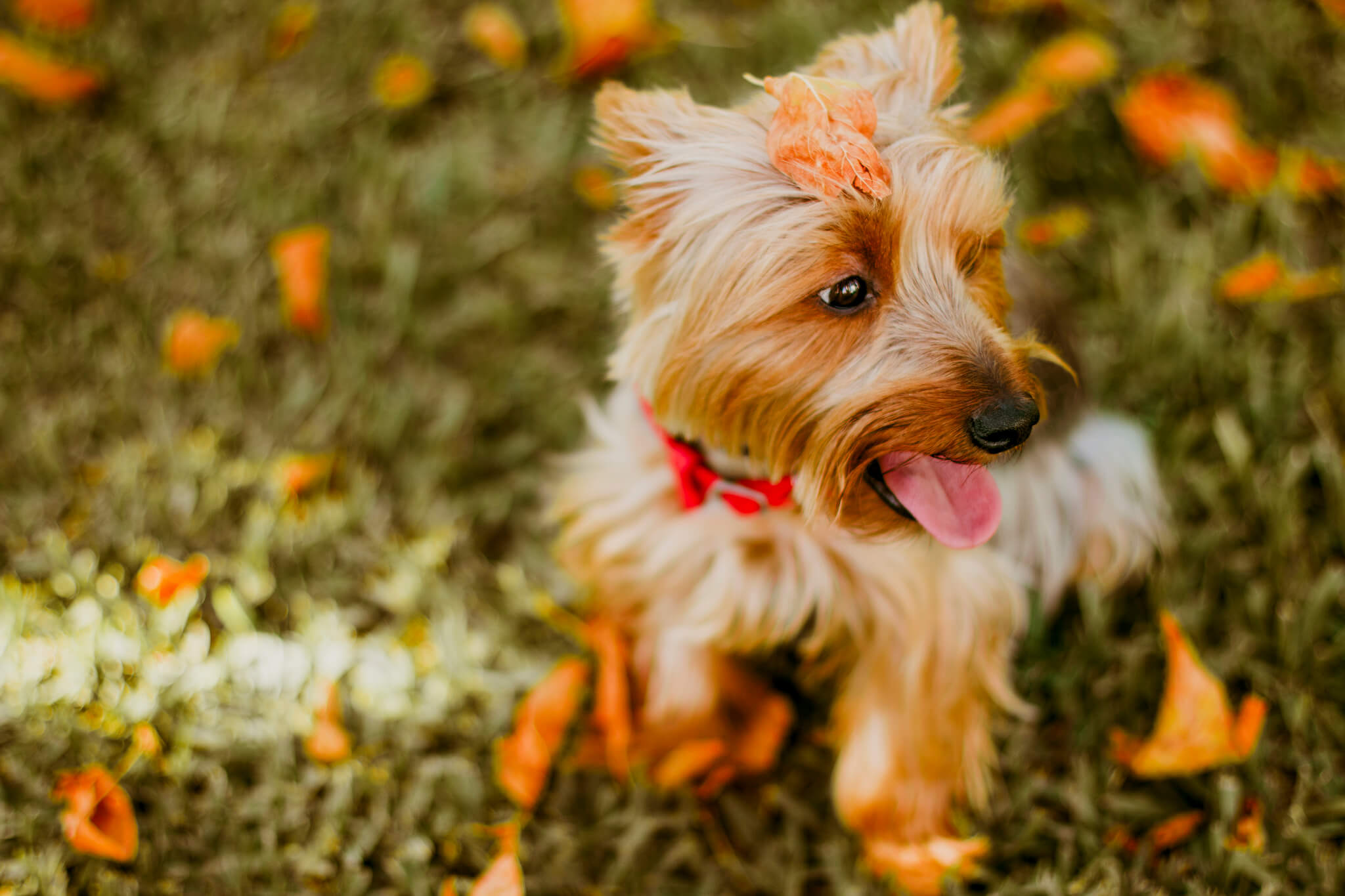What is a Canine Behaviourist?
Canine Behaviourists can also be known as Dog Behaviourists. Their main role is to diagnose and treat behavioural problems in dogs. Canine Behaviourists use their skills to help resolve emotional problems (such as anxiety, phobias, and fear) in dogs.
The work involves meeting with owners and their dogs to:
- Discuss problems.
- Assess issues (by observing and handling dogs).
- Develop treatment programmes.
Once the emotional components that the dog is experiencing are understood, the Canine Behaviourist can devise a behaviour modification plan according to the dog’s specific needs, which the owners can follow, leading to more positive behaviour from their dog.
How does working with a Canine Behaviourist benefit dogs?
Dogs who feel unsettled may go on to become distressed or act in dangerous ways. This manifests in several ways and can be seen in behaviours such as:
- Anxiety around loud or unexpected noises.
- Panicking if left alone.
- Causing damage to themselves or the environment they’re in.
- Displaying aggression to people or animals around them.
- Traffic chasing.
Often, owners find that these kinds of behavioural problems can’t be resolved through simple training exercises. A form of emotional distress is often at the heart of the dog’s behaviour and seeking help from a Canine Behaviourist will help to restore emotional equilibrium to the dog which, in turn, will help to resolve the manifesting behavioural issues.
The benefits to the dog are huge. Canine Behaviourist can teach owners how to resolve emotional distress in their pets which will result in the dog feeling calmer and able to engage in more positive behaviours.
Where do Canine Behaviourists work?
The working environment of Canine Behaviourists will vary. Much of the work involves meeting with dogs and their owners at either a clinic, the owner’s home or an outside location. Some of the work may also involve facilitating dog behavioural classes. Along with the in-person consultation time, Canine Behaviourists also need office space to write reports and formulate action plans.
Although there are Canine Behaviourist positions at some clinics and rescue centres, many Canine Behaviourists are self-employed.
What soft skills do you need to become a Canine Behaviourist?
To consider a career as a Canine Behaviourist, several soft skills are required to become successful. Canine Behaviourists must genuinely care for and have an affinity with dogs. It will benefit your career to have the following skills:
- Enjoy working with people and animals.
- Be an effective communicator.
- Be patient and compassionate.
- Good attention to detail.
- Good at working on your own.
- Ability to be calm in stressful situations.
- Good analytical skills.
How much does a Canine Behaviourist earn?
Salaries vary according to employer and region and are dependent on experience. Most behaviourists are self-employed, running their own businesses and charging according to their experience – this may be up to £30 per hour in some parts of London. The average salary in the UK 2019 for Animal Behaviourists was £30,378. Though, there is potential for this to be much higher with experience.
How do you become a qualified Canine Behaviourist?
To work as a Clinical Canine Behaviourist you will need a relevant qualification at degree level (level 6) or higher.
There are several qualification choices that will help you on your Canine Behaviourist career path depending on your current skill and qualification level. If you’re looking for an introductory qualification that will introduce you to the basics of canine behaviour then either the Level 2 Award in Canine Care and Welfare or Level 3 Award in Canine Care, Behaviour and Welfare are good options.
Following these qualifications, you can progress onto the Level 3 Diploma in Canine Care, Behaviour and Welfare. This qualification is the perfect foundation for careers involving canine behaviour and has been developed in collaboration with canine care sector employers.
If you’re aged 18 and over and have achieved a relevant level 3 qualification then the Level 4 Diploma in Canine Welfare, Training and Behaviour is the next step. This leads on to the Level 5 Diploma Canine Behaviour Practitioner qualification.
Successful completion of the Level 5 qualification will ensure acceptance onto the Level 6 Diploma in Applied Canine Behaviour Management (equivalent to a degree with honours). This is the Ofqual approved Level 6 qualification for working as a qualified Canine Behaviourist. The qualification meets the Defra Higher Standard Animal Activities Licensing (AAL) requirements.
There is the option of studying levels 3-6 as a combined qualification if that suits your needs better. The Combined Canine Behaviour Management Diplomas Ofqual Levels 3, 4, 5 and 6 qualification package is equivalent to a degree level qualification and is a suitable choice to qualify as a Canine Behaviourist.
For all related courses, training and qualification please visit the relevant course pages.
Professional Membership Organisations
It is helpful to join a widely recognised professional membership organisation such as the Association of INTODogs, International Companion Animal Network (ICAN) or the Pet Professional Guild.
Joining a well regarded professional membership organisation will result in higher referrals as professionals such as vets seek to refer with confidence.
The International Companion Animal Network (ICAN) was founded by a group of prominent organisations and education providers who use and recommend only force free methods. We founded to meet the profound need for solidarity, mutual support, communication and cooperation between professionals working in the animal behaviour and training realm.
Where can I get a job as a Canine Behaviourist?
Once you have qualified as a Dog Behaviourist you may choose to become self-employed and set up your own business. You will receive requests for your service through referrals from veterinary surgeries, charities and individual owners. If you choose to become self-employed, it’s a good idea to advertise your services at your local veterinary surgery.
Occasionally some of the animal welfare organisations and veterinary teaching hospitals have full and part-time vacancies for Clinical Animal Behaviourists. Some larger animal rescue centres employ their own Behaviourists.
Registering with our Animal Job Board will give you access to the latest vacancies around the world.
Book a call with one of our career advisors and they will take you through training and career options within the animal industry.






